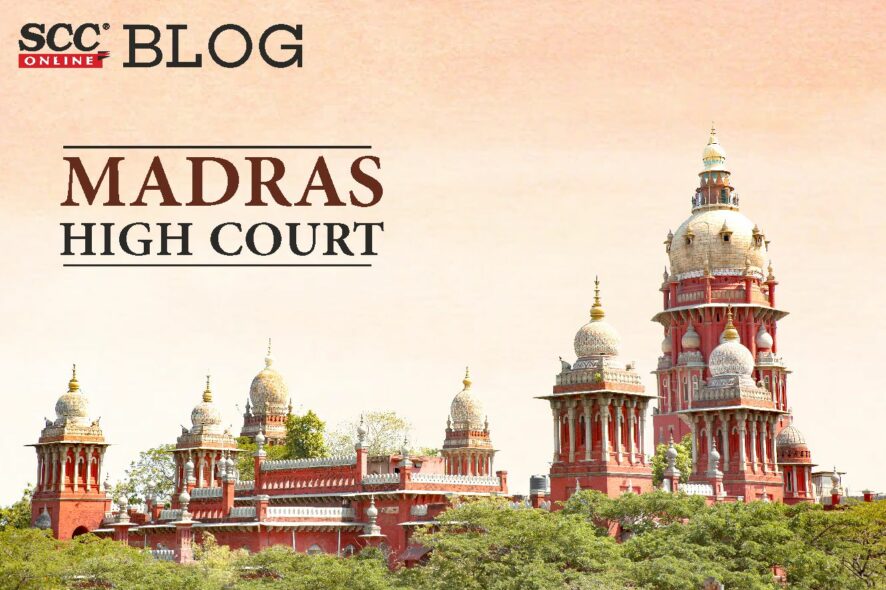Madras High Court: Stating that two-finger test cannot be permitted to be continued, the Division Bench of R. Subramanian and N. Sathish Kumar, JJ., directed the State Government to ban the practice of two-finger test on victims of sexual offences by the medical professionals.
In the present matter, the accused was convicted for life sentence for the offences under Section 5(I) read with Section 6(1) of the Protection of Children from Sexual Offences Act, 2012 with a fine of Rs 1,00,000 for an offence under Section 363 IPC along with a fine of Rs 20,000.
Accused was running a taloring shop and had befriended the victim girl aged about 16 years when she went for tailoring training for about two months. Further, the accused had enticed the girl and had sexually abused her.
Upon medical examination it was found that the accused had penetrative sexual intercourse with the victim girl.
The accused denied having committed the crime.
Sessions Judge held that the prosecution had proved the guilt of the accused and on taking of the fact that the accused had repeated sexual intercourse with the victim girl, the accused was guilty of the offence under Section 5(I) of the POCSO Act.
Analysis, Law and Decision
As per Section 363 of Penal Code, 1860, a person who takes or entices any minor under 16 years of age if a male, or under 18 years of age if a female, or any person of unsound mind, from the lawful guardianship of a guardian, is said to have kidnapped the minor.
In the present matter, the victim girl had walked out of her house on her own in the pretext of having some old clothes stitched. She had travelled with the accused and was caught after nearly 24 hours and never made an attempt to escape from his custody.
Therefore, the essential ingredients of the offence under Section 363 IPC were not made out.
Bench concluded that the trial Court was right in its finding that the accused was guilty of the offences under Section 5(I) and Section 6(1) of the POCSO Act.
Further, the Court added that no doubt, the accused was a married person he could be said to be guilty of deceiving the victim girl on a promise of marriage, but the evidence of the victim girl would show that there was a love affair between the two and the accused had stated that he could not live without seeing her.
Hence, in Court’s opinion, a minimum sentence of imprisonment for a period of 20 years would suffice.
While concluding the matter, the Court stated that,
“…it is necessary for us to put an end to the practice of the two-finger test. We find that the two-finger test is being used in cases involving sexual offences particularly, on minor victims.”
High Court directed the State Government to ban the practice of two finger test on victims of sexual offences by the medical professionals.
In view of the above, criminal appeal was partly allowed.
Direction
The conviction and sentence for the offence under Section 363 IPC is set aside in toto. The conviction for the offences under Section 5(l) and 6(1) of the POCSO Act is confirmed and the life sentence is, however, reduced to 20 years of rigorous imprisonment. The fine of Rs 1,00,000/- and the default sentence of simple imprisonment for 3 months, is confirmed. [Rajivgandhi v. State, 2022 SCC OnLine Mad 1770, decided on 21-4-2022]
Advocates before the Court:
For Appellant: Mr. S. Sivasubramanian
For Respondent: Mr. A. Thiruvadi Kumar, Additional Public Prosecutor






